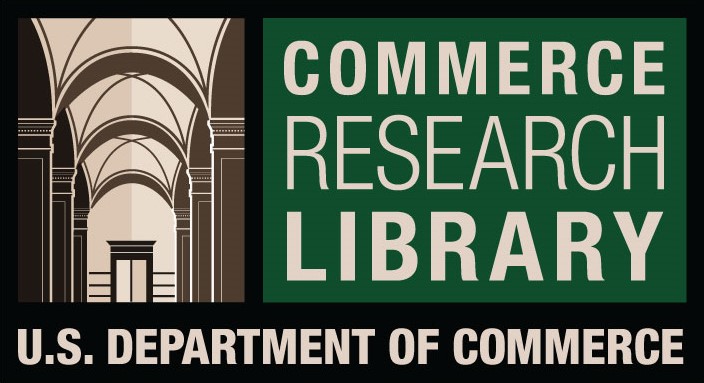Implementation Effect of Criminal Minimum Penalty into Eradication of Corruption in Makassar
DOI:
https://doi.org/10.61841/4c0r1d54Keywords:
Eradication of Corruption,, Criminal Minimum PenaltyAbstract
The purpose of this study is to understand, analyze and find out the implementation effect of minimum criminal penalty into the eradication of corruption in Makassar Indonesia. The type of research that will conduct is descriptive research with the kind of normative legal analysis. This research will include the type of study uses a normative-empirical method of the judicial case study category, which source from primary and secondary data analyzed qualitatively descriptive. The results of the research that show, it was concluded that that could be carrying out the legislative order, the judge may impose a minimum crime because this stipulates in the law. The judge is in charge of carrying out the act. Furthermore, minimal criminal imposes concerning efforts to tackle corruption does not create a deterrent effect for corruptors. It cannot be a useful tool to prevent crime both of a particular (Special Prevention) and general nature (General Prevention).
Downloads
References
1. Ermansjah Djaja, 2010. Meredisam Pengadilan Tindak Pidana Korupsi, Sinar Grafika. Jakarta.
2. Andi Hamzah, 1984, Korupsi di Indonesia, Masalah dan Pemecahannya, PT. Gramedia, Jakarta.
3. Romli Atmasasmita, 2004, Sekitar Masalah Korupsi Aspek Nasional Dan Aspek Internasional, Mandar Maju, Bandung
4. Andi Hamzah, 2005, Pemberantasan Korupsi Melalui Hukum Pidana Nasional dan Internasional, PT. Raja Grafindo Persada, Jakarta.
5. Andi Hamzah, 2005, Perbandingan Pemberantasan Korupsi di berbagai Negara, Sinar Grafika, Jakarta.
6. Ahmad Ferry Nindra, 2002, Efektifitas Sanksi Pidana Dalam Penanggulangan Kejahatan Psikotropika di Kota Makassar, Perpustakaan Unhas, Makassar.
7. Adami Clazawi, 2002. Stelsel Pidana, Tindak Pidana, Teori-Teori Pemidanaan Dan Batas Berlakunya Hukum Pidana, PT. Raja Grafindo Persada, Jakarta.
8. Bambang Purnomo, 1983, Potensi Kejahatan Korupsi di Indonesia, Bina Aksara, Yogyakarta.
9. Agus Salim, Karel Roni Pakambanan, and Liberthin Palullungan, 2019,Harmonization of Cybercrime arrangements in Criminal Law, Vol. 11, No. 8, 2019
Downloads
Published
Issue
Section
License

This work is licensed under a Creative Commons Attribution 4.0 International License.
You are free to:
- Share — copy and redistribute the material in any medium or format for any purpose, even commercially.
- Adapt — remix, transform, and build upon the material for any purpose, even commercially.
- The licensor cannot revoke these freedoms as long as you follow the license terms.
Under the following terms:
- Attribution — You must give appropriate credit , provide a link to the license, and indicate if changes were made . You may do so in any reasonable manner, but not in any way that suggests the licensor endorses you or your use.
- No additional restrictions — You may not apply legal terms or technological measures that legally restrict others from doing anything the license permits.
Notices:
You do not have to comply with the license for elements of the material in the public domain or where your use is permitted by an applicable exception or limitation .
No warranties are given. The license may not give you all of the permissions necessary for your intended use. For example, other rights such as publicity, privacy, or moral rights may limit how you use the material.









